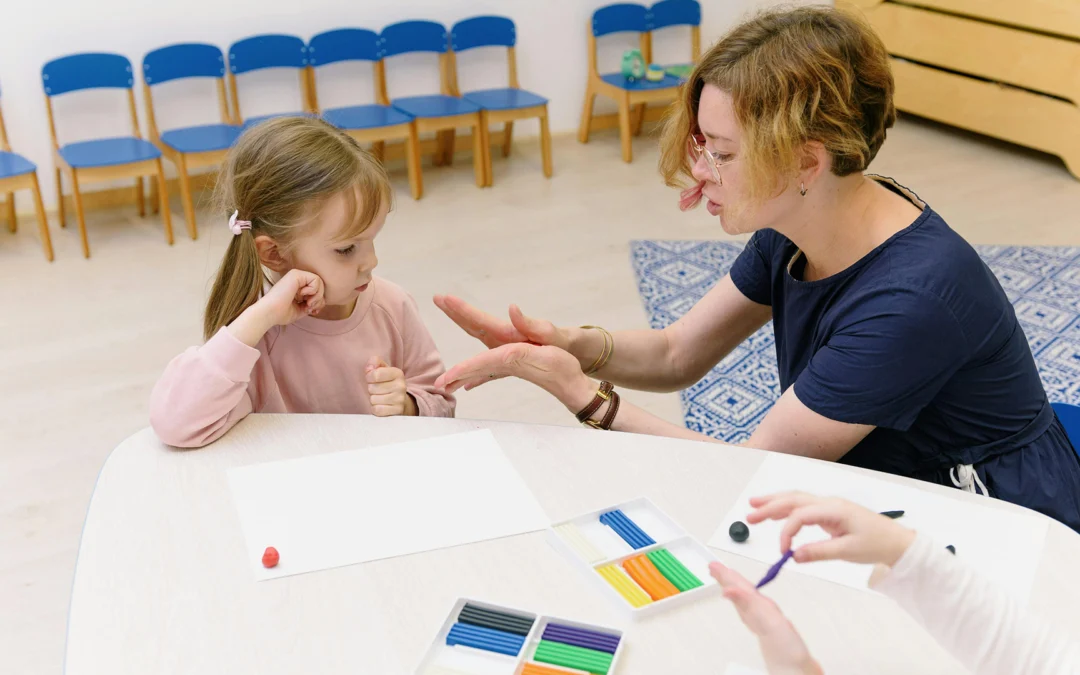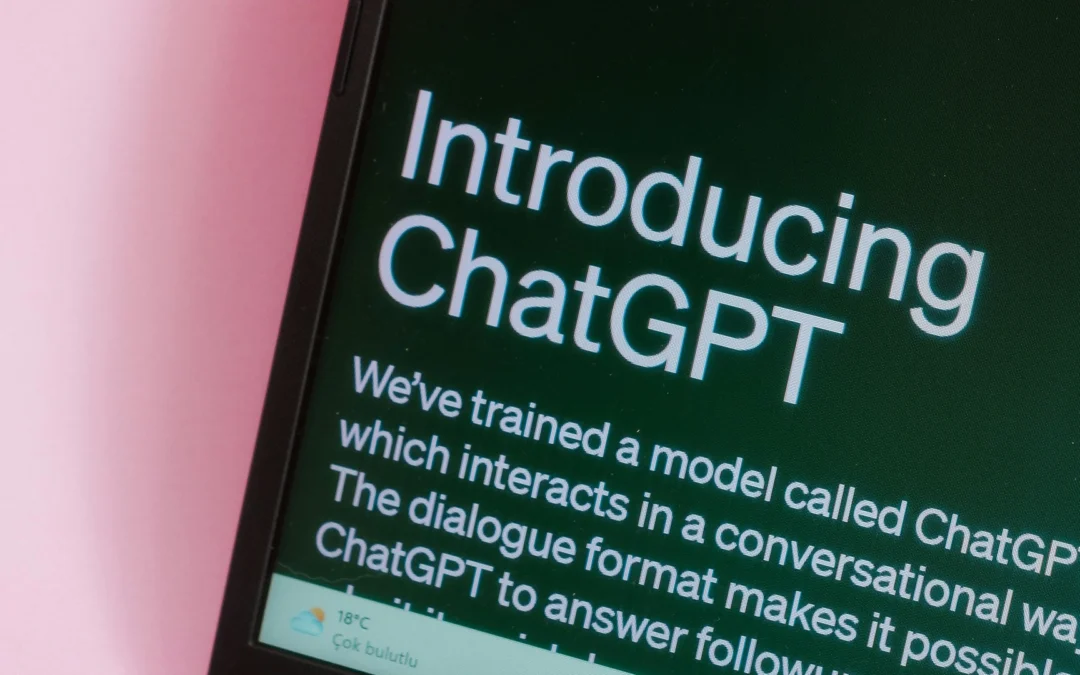Supporting and navigating your child’s journey with learning difficulties
Supporting and navigating your child’s journey with learning difficulties can be an intimidating process, especially in the early stages of investigating the situation.
Queensland schools support students with learning disorders by providing access to a range of supports tailored to meet individual needs.
Seeking the support of your child’s school teachers is an important step to understanding how they are progressing, what support they are receiving and working together towards a plan for your child’s development.
Once you arrange a parent-teacher interview, it is important to be prepared and know how to approach the conversations to ensure you get the most out of your meeting.
7 Tips for meeting with your child’s school
Code Read Dyslexia Network shared “7 Tips for meeting with your child’s school” written by Sarah Mitchell, Dyslexia and Literacy Consultant, that can help you enter the parent-teacher meeting confidently, with topics including:
Prepare
Keep all reports, emails, and notes in one folder for easy reference. Research effective teaching strategies and prepare key questions. Focus on solutions, practice responses, and stay constructive to ensure the best support for your child.
What to Ask?
Ask if your child has an Individual Education Plan (IEP) and request assessment reports. Inquire about interventions, their effectiveness, and whether they are evidence-based. Clarify what accommodations are provided and ensure the IEP includes targeted support, not just adjustments.
Put everything in writing
Take notes during the meeting and email them to attendees for confirmation. Record key points, action items, and deadlines. Request a follow-up review date and details on how progress will be measured.
Use time wisely
Prioritise key concerns, focus on solutions, and ask necessary questions. Stay future-focused and arrange follow-ups if needed.
Follow up
Check in after two weeks and maintain monthly communication. Collaborate with teachers rather than relying on your child for updates.
Leave silent space
Ask direct questions and allow time for responses. Silence can encourage deeper discussion and problem-solving.
Educate respectfully
Share concise resources with teachers and inquire about learning difficulty training. Support their knowledge without being confrontational.
For more information and resources contact our team or check out our library. Take the first steps towards your child’s future!
Is your child experiencing learning difficulties?
Support your child’s future with Speld Qld.
Psychologists available now!








